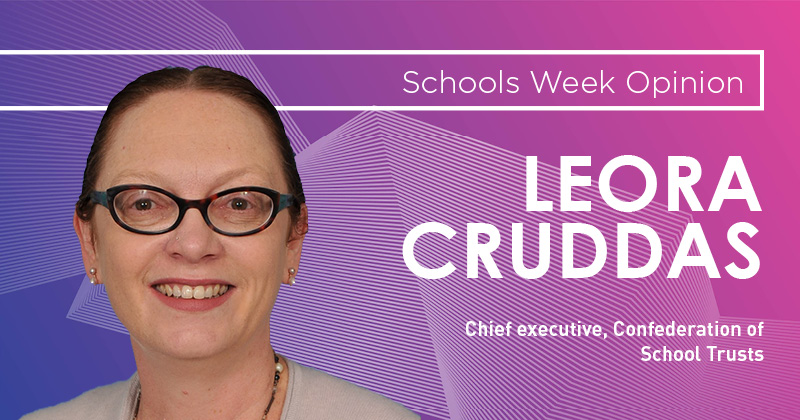In an era where social media amplifies voices and opinions, the power and responsibility of public figures in disseminating information cannot be overstated. This responsibility becomes even more crucial for individuals in leadership positions, such as headteachers, who wield significant influence over students, parents, and the wider community.
Yesterday the headteacher of Michaela Community School, Katharine Birbalsingh posted the following message on the social media platform X (formerly known as Twitter):
“The Left says of Southport: bunch of racist Far Right idiots. The ordinary ppl of Southport say enough of the lies. Southport is an example of multiculturalism failing. But it doesn’t have to fail.”
This post, especially in the wake of a tragic incident involving the death of three children, is inflammatory, irresponsible and damaging. Let’s explore why.
Inflammatory nature and escalation of tensions
Last night’s vigil by “the ordinary ppl of Southport” in honour of its murdered and injured children took place against a backdrop of violent, far-right riots. These bore no relation to the incident, and were stoked by social media misinformation.
Of course, Birbalsingh is not personally responsible for this, but the language of her post is inherently divisive. Phrases like “bunch of racist Far Right idiots” and “the ordinary ppl of Southport” create an ‘us versus them’ dichotomy – not setting the two groups against each other but both against a nebulous and pervasive ‘left’, evidently in cahoots with nefarious immigrants.
This framing is a hallmark of inflammatory rhetoric, which polarises communities rather than fostering understanding or dialogue.
Given that the post references a contentious political debate about multiculturalism, it stokes already heightened tensions, potentially leading to further conflict. In a grieving community, such remarks only exacerbate feelings of anger, confusion and distrust, making healing and reconciliation more difficult.
Irresponsible use of platform and position
As a headteacher, Birbalsingh holds a position of trust and authority, particularly concerning young people. Her role extends beyond academic leadership; she is also a moral and ethical guide within the school and the broader community.
The model of multiculturalism she espouses and Michaela Community School embodies may or may not be right. It may or may not be different from that espoused in Southport’s schools. But all of that is fundamentally immaterial to this case.
Her use of social media to politicise the tragic actions of one individual would be bad enough if it was about making this into a story about multiculturalism. But in the end, the very clear subtext is that she is trying to make it about herself. This is irresponsible, and frankly in bad taste.
In addition, Birbalsingh knows social media platforms lack the nuance and context necessary for complex discussions. Can she keep falling foul of this and blaming everyone else for being misinterpreted or misunderstood?
She made a choice to broadcast these views in a public forum in the knowledge that students and parents could be ‘misled’ into thinking that the school endorses a particular political stance. And not just any political stance but one that gives cover for far-right violence, evidently a ‘natural’ consequence of failed multiculturalism.
Damaging for community cohesion
Birbalsingh’s remarks, especially following the tragic deaths of three young children, are not just ill-timed; they are deeply insensitive.
The community is only beginning to grapple with the emotional aftermath of the incident, and such a statement can be perceived as dismissive of their grief. At best, it trivialises the tragedy by shifting focus to a political argument rather than addressing the community’s immediate need for support and solidarity.
Birbalsingh’s post is a clear example of why public figures, especially those in positions of trust, must exercise caution and responsibility when expressing personal views. As school leaders, our duty is to ensure the wellbeing and cohesion of the communities we serve, and in the age of social media, those are far larger than our school catchment areas.
In the end, there was only one correct answer to these events: grief. Arguably, even that might have been better kept private – but then we are all prone to feeding social media’s algorithms.











